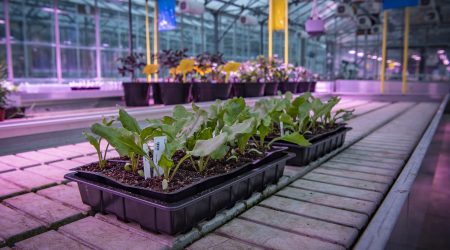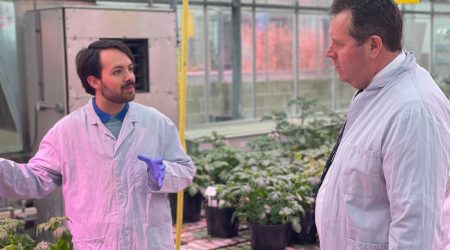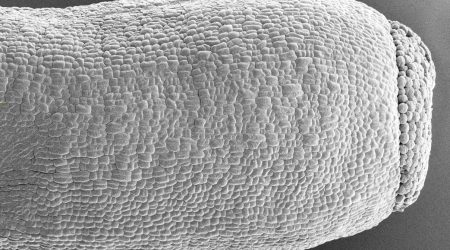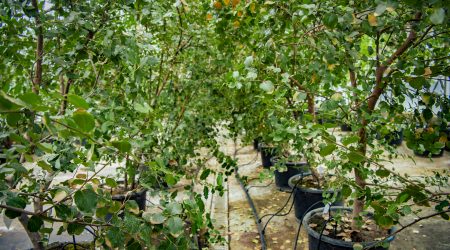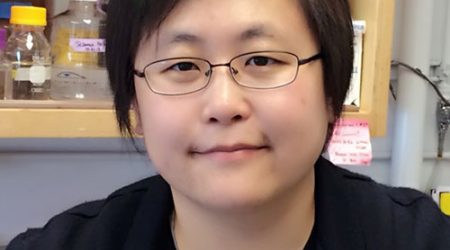Alumni Career Story: Jos van Boxtel: A pathway lined with new opportunities and friendships
Whilst completing a PhD at CIRAD in Montpellier, Jos came across a job opening published in Nature that gave him the chills. The year was 1995 and the advertised vacancy was to work in the Virology department within the John Innes Centre. “The job vacancy was a perfect fit with my ambitions. The project was...
Read the story

